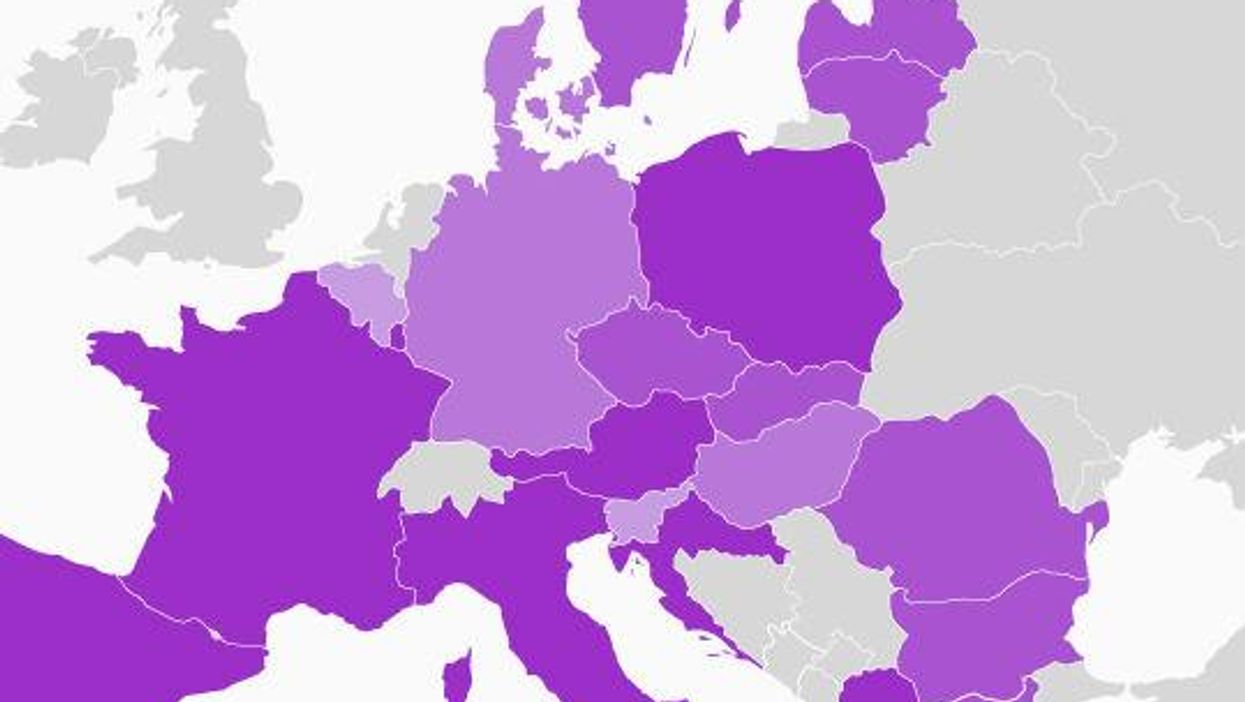
Students from the United Kingdom are behind Europe for learning a new language at primary school - according to data from Eurostat.
This European Languages Day, fifteen years after it was set up, and British pupils are just starting to catch up.
Languages are easier to learn as our brains are developing, which is why most of us develop our first language as we grow.
Research from Eurostat, compiled by Statista, has found that in 2014 nearly 80 per cent of all European children were learning a second language.
The UK has only been committed to compulsory language education in primary school since last year.
Prior to this, most formal language teaching did not begin until secondary school.
While the brain remains febrile and sponge like for most of secondary school, the late start puts students at a disadvantage.

The extent of this can be seen in the map which shows how many pupils in other European countries were schooling their children in languages - the data for the UK was unavailable.
Of these, 17.1 million were learning English as a second language in 2014, followed by 4.9 m learning French.
Data for the UK has not been available since foreign language education became compulsory, but the British Council asserts that between 2002 and 2010 the percentage of primary schools teaching foreign languages rose from 25 to 90 per cent.
However, this is not the share of pupils learning them. Eurostat also compiles data for learned languages - the UK ranks fourth for learning French, fifth for Spanish, 12th for Italian and 16th for German.
A slow pickup over the past 15 years may be the reason why everyone on your holiday seems to know English, and you're still asking for everything in the infinitive.
More: The darkest colour in the world is effectively exclusively owned by this artist - here's why













